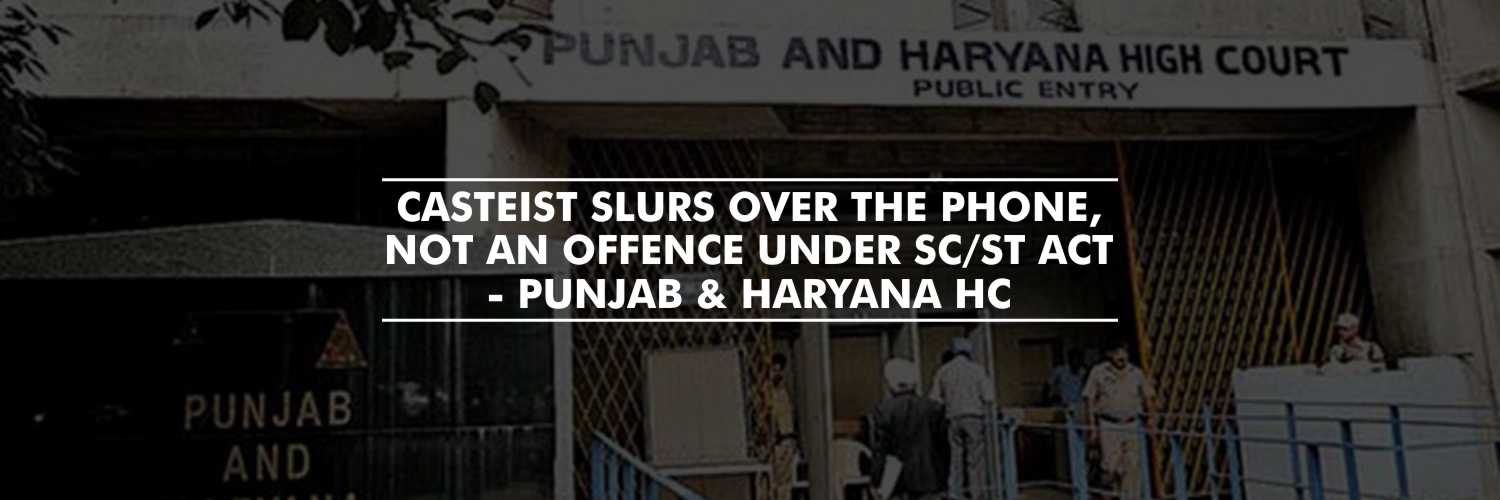A Sharia court in Kano state in northwest Nigeria has sentenced a 13-year-old boy to 10 years of imprisonment under the charges of blasphemy. The verdict has invited a lot of outrage in the public who is urging for reforms in laws protecting children.
The verdict was given by Sharia court on August 10 when studio assistant Yahaya Sharif-Aminu was also sentenced to death under the charges of blasphemy.
Kola Alapinni, lawyer appearing for 13-year old Farouq, has filed an appeal on September 7 against the verdict considering the punishment a violation of the African Charter on the Rights and Welfare of the Child and the Nigerian constitution.
Farouq was convicted of using the foul language against Allah during a conversation with his friend.
Advocate Alapinni got to know about the Farouq matter when he was working on Sharif-Aminu’s matter. “We found out that they had been convicted on the same day, by the same judge, in the same court, of blasphemy and we found out that no one was talking about Omar, so we had to act quickly to appeal for him, “Alapinni said.
Alapinni also stated that blasphemy is not recognized by Nigerian law and it is incompatible with the constitution of Nigeria. Farouq’s mother had to escape from her house to nearby place when a mob of protestors came outside her house. “Everyone here is afraid to speak out and lives under fear of reprisal attacks,” said Alapinni.
The global body working for children welfare UNICEF has condemned the punishment and asked the Nigerian authorities to review the verdict. “The 13-year-old’s sentencing negates all core underlying principles of child rights and child justice that Nigeria – and by implication, Kano state – has signed on to”, stated Unicef’s representative in the West African state, Peter Hawkins.
Kano is one of the 12 states of Nigeria that practices Sharia legal system and the country’s secular laws as well.
The Sharia legal system handles civil as well as criminal matters and the judgments delivered here can be challenged in Nigerian secular courts and Supreme court. The Sharia judges (known as alkalis) are learned in both the laws, Islamic as well as Secular.
If in a matter, the parties include one Muslim and another non-Muslim, then the non-Muslim has the liberty to decide the court in which they want the case to be tried. In such cases, Sharia courts can hear the matter only when the non-Muslim party has given a written consent.






